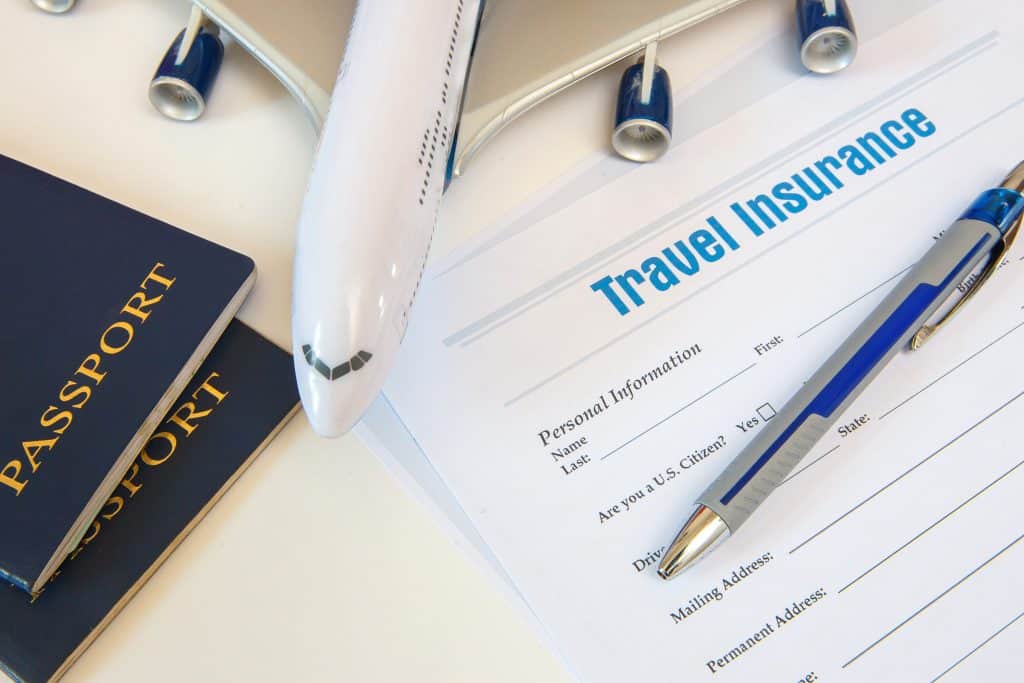Booking a flight or cruise is often the first step in planning a trip, but it’s essential to approach it with a bit of research and careful thought. From choosing the right dates to understanding the details of your ticket or cruise package, there are several factors to consider that can help ensure a smoother, more affordable journey. Here’s what you need to know before booking.

1. Plan Your Travel Dates Wisely
Timing can significantly affect the cost of your flight or cruise. For flights, try to avoid booking during peak seasons like holidays, school breaks, or major events. If possible, travel during the off-peak seasons or mid-week, as flights are often cheaper on Tuesdays and Wednesdays. Similarly, booking cruises well in advance, or closer to the departure date, can sometimes offer lower rates, depending on the cruise line’s pricing strategy. Keep an eye on special offers or discounts.

2. Understand Baggage Fees and Restrictions
Before booking, check the baggage policy for both flights and cruises. With airlines, many budget carriers charge additional fees for checked bags and even carry-ons, so ensure that you’re aware of the baggage allowance and extra fees. Similarly, some cruise lines offer all-inclusive packages, while others may charge extra for certain amenities or services, including luggage handling. Knowing these fees upfront will help you avoid unpleasant surprises.

3. Compare Prices and Routes
Use price comparison websites like Skyscanner for flights and Cruise Critic for cruises to get an overview of different options. When booking a flight, consider nearby airports, as flying into a different airport may offer better rates. For cruises, compare different itineraries and ports of departure to find the best value. Be mindful of the time of year, as cruise pricing can fluctuate based on the route and demand.

4. Read the Fine Print
Always check the cancellation, refund, and change policies before booking. Many flights, particularly those with low-cost carriers, may have strict or costly cancellation policies. Cruise lines may also have restrictions or deadlines for modifying your itinerary. Understanding these terms can help you avoid unnecessary fees if your plans change.

5. Consider Travel Insurance
Whether you’re booking a flight or a cruise, it’s a good idea to invest in travel insurance. This coverage can protect you from unexpected events, such as trip cancellations, medical emergencies, or lost luggage. Many airlines and cruise lines offer insurance packages, or you can purchase coverage independently.
By keeping these key factors in mind, you can book your flight or cruise with confidence, ensuring a smooth and enjoyable trip.

